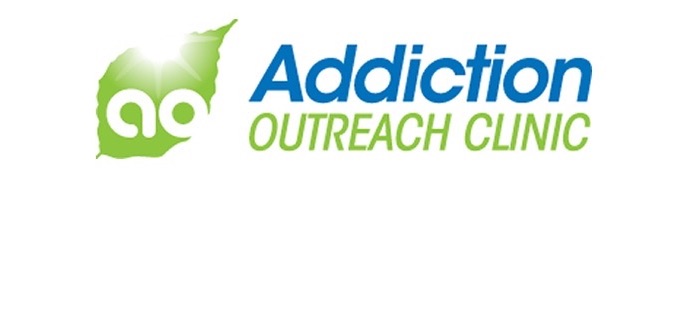10 Questions to Identify Needing Help for Opiate Addiction
 Opioid addiction is a national health crisis and is at epidemic proportions in the states of Ohio and Pennsylvania. Opioids are a type of narcotic pain medication and include drugs such as heroin, oxycodone, codeine, morphine, fentanyl, and hydrocodone.
Opioid addiction is a national health crisis and is at epidemic proportions in the states of Ohio and Pennsylvania. Opioids are a type of narcotic pain medication and include drugs such as heroin, oxycodone, codeine, morphine, fentanyl, and hydrocodone.
Today we will talk about identifying the need of help for opiate addiction and prescription drug addiction help. Treating this addiction as soon as possible is critical because the long-term abuse of opioids can cause significant changes in the brain structure and function and can lead to death.
Opioid addiction is a chronic disease and calls for medical treatment. Help for opioid addiction is available, it is important to figure out if you or a loved one needs help.
To determine whether you or someone you know may have an opioid addiction, consider the following questions:
- Do you crave, or have a strong desire to use opioids?
- Do you have a strong and persistent desire to quit the drug, and/or have you attempted to quit it, but have been unsuccessful?
- Do you spend a great deal of time and effort on activities necessary to obtain the opioid, use the opioid, or recover from its effects?
- Have you missed work and/or given up or reduced social or recreational activities you enjoy in favor of your use of the drug?
- Has opioid drug use resulted in failure to fulfill major role obligations at work, school or home?
- Do you continue to use opioid drugs despite their negative effect on your life?
- Do you continue to use opioid drugs despite having a persistent or recurrent physical or psychological problem that is likely to have been caused or exacerbated by opioids?
- Do you continue to use opioid drugs despite having persistent or recurrent social or interpersonal problems caused or exacerbated by the effects of opioids?
- Have you been taking opioids in larger amounts or over a longer period of time than intended?
- Do you continue to use opioid drugs in situations, which are physically hazardous?
A person who answers “Yes” to three or more of the above questions is considered to be opioid dependent.
Disclaimer: The results of this self-assessment are not intended to constitute a diagnosis of opioid addiction and should be used solely as a guide to understanding your drug use and the potential health issues involved with it. The information provided here cannot substitute for a full evaluation by a health professional.
Addiction Outreach Clinic is Here to Help
The drug addiction specialists at Addiction Outreach Clinic (AOC) have years of training in identifying and treating opioid addiction. Our opioid addiction treatment program starts with a medical assessment and includes Suboxone® medication-assisted treatment to prevent cravings and withdrawal symptoms. We combine medication with a once-a-month behavioral counseling session to support our patients’ recovery efforts and help them get their lives back.
Whether treatment is for you, a family member or a friend, we are happy to speak with you about our outpatient drug treatment program, and how AOC can help patients with their opioid addiction recovery. Since 2007, AOC has helped thousands of patients on their path to recovery.
Please read more about AOC, call us at 330-259-4849, or email to schedule an appointment – it’s fast, easy and confidential.



It’s alarming to learn that regular abuse and improper use of opioids can lead to death as it causes a significant change in one’s brain structure and functions as you’ve mentioned. That is something serious and unfortunate if it would happen to a loved one. I’ll be sure to keep this in mind if I ever find a friend of mine having troubles with their opioid addiction so that I can properly seek aid for their recovery from their addiction. Thanks!
Dear Vivian,
Your comments are very insightful. Everyone has a role in helping to identify and reduce the number of people who become addicted to opioids as well as reducing the number of opioid-related overdoses. Understanding, education, and communication/ engagement are important ways that individuals and communities can help. Thank you for taking the time to educate yourself. Please let us know if we can help! Feel free to email us Admin@AddictionOC.com or call us at 330-259-4849.
Thanks to sharing us but 10 questions are very important
Thank you for your comment. We are glad you found it helpful.